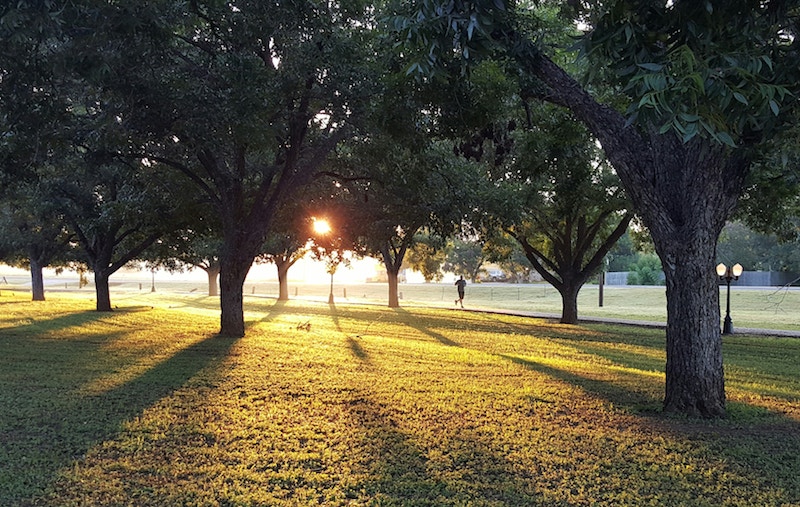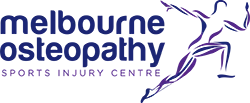1. We love spring but it also means more pollen in the air!
2. For hay fever sufferers more pollen (allergens) can lead to blocked sinus, itchy eyes & throat, tearing, sneezing, congestion and in some cases wheezing, asthma and hives.
3. Traditional Chinese Medicine (TCM) may be able to help alleviate these symptoms and strengthen the body’s immune system, so you’re less susceptible to allergic reaction.
4. From a TCM perspective, hay fever symptoms may be attributed to a weakness in the immune or digestive systems. This condition may also be categorised as being too hot or cold in nature.
5. A TCM practitioner will take your history and assess your tongue and pulse to determine an individualised diagnosis.
6. Acupuncture and various herbal medicine can then be used to help resolve hay fever-related symptoms as well as treat the underlying cause of the condition.
7. If you don’t like the idea of acupuncture, herbal medicine and massage can also be used to help treat hay fever.
8. Herbal medicine can be taken in the form of pills, powder, tea or tincture so there are a range of options to suit your taste and lifestyle.
9. Acupuncture treatment can be claimed through many private health funds. Check with your health fund provider. If you would like to know what’s the difference between dry needling and acupuncture, check our latest blog.
10. Book in with our resident TCM practitioner, for a treatment to help resolve your hay fever symptoms this spring!
If you would like to book a Traditional Chinese Medicine consultation with our experienced practitioner please call Melbourne Osteopathy Sports Injury Centre reception on (03) 9939 1289 or email: [email protected]



